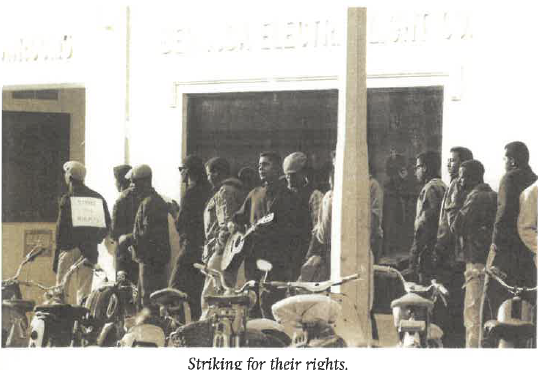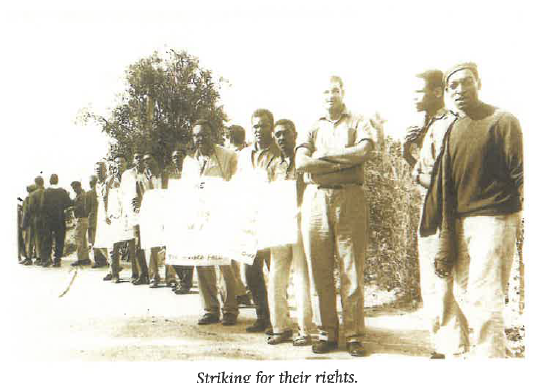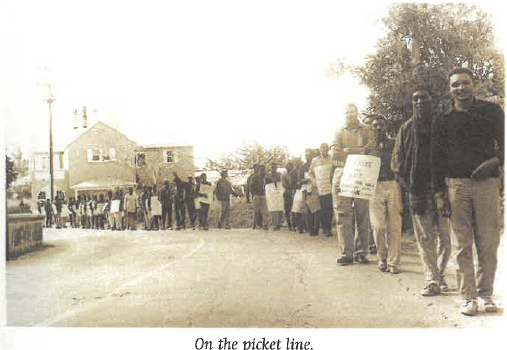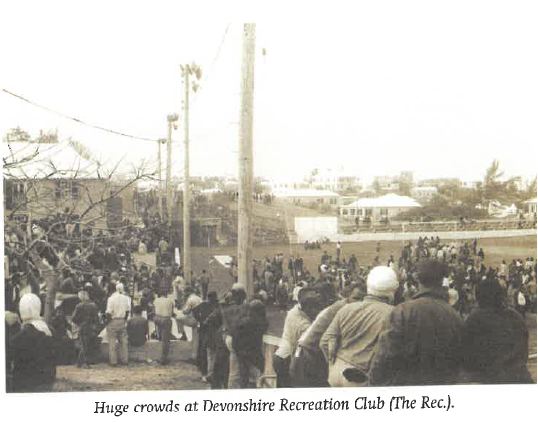Our History
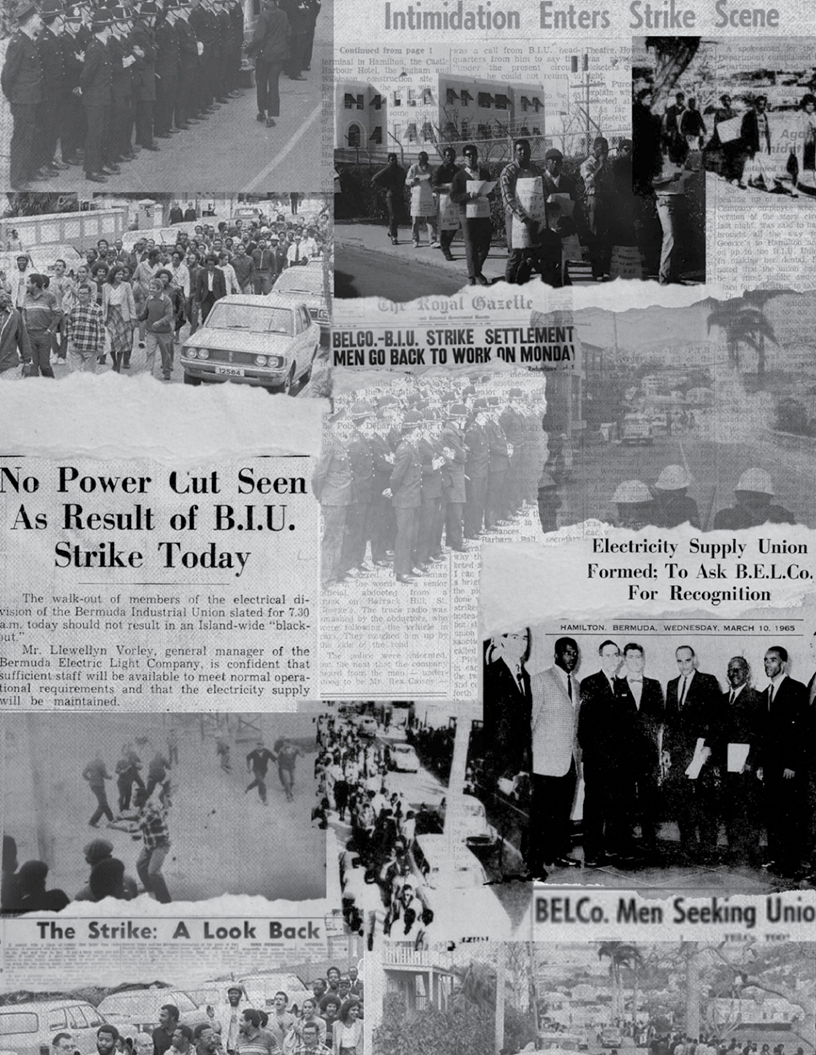
The BELCO Riots
The 1960s were a time of social and political upheaval in Bermuda. The June 1959 Theatre Boycott was still fresh in people’s minds and racial segregation in the community and companies, including BELCO, was still a part of everyday life for many of Bermuda’s workers. In January 1965, a labour dispute was initiated involving approximately 90 of BELCO’s outside-plant employees, including lineworkers, garage mechanics, drivers, labourers and maintenance personnel, who had sought union recognition and had recently organised into the B.I.U.
A written application for union recognition was submitted to BELCO management and rejected. In addition, efforts by Government’s Labour Relations Officer (LRO), Harold Chudleigh, failed to resolve the dispute between management and the workers.
At the time, BELCO’s directors and shareholders were some of Bermuda’s most powerful men including Sir Harry Butterfield, Sir John Cox, Sir Henry (Jack) Tucker and
Sir Bayard Dill who, along with BELCO General Manager, Llewelyn Vorley, were the Company’s representatives in negotiations. The B.I.U. was represented by Dr. Barbara Ball, General Secretary; Eugene Blakeney, Assistant General
Secretary; Robert Johnston, President; Ottiwell Simmons, Union Organiser; and a delegation of electrical workers.
Following a union sponsored public relations campaign, BELCO management agreed to hold a ballot for staff provided that all 231 employees participated with a requirement that 60% voted in favour before the Company would grant union recognition.
The Union rejected the ballot proposal as recognition votes were ordinarily determined by a simple majority. It was also felt the inside workers, who were mostly white, would vote against union recognition.
Meetings and mediation with the LRO were held but talks broke down. The final straw was when BELCO’s board chairman and chief negotiator, Sir John Cox, embarked on a trip to England and none of the negotiating team would meet without him.
As a result, on January 13, 1965, the Union’s Electrical Division held a secret ballot for strike action which was 55 in favour and two against. Support was received from the non-unionised Bermuda Telephone Company staff who
said they would strike in support of the Electrical Division if necessary.
At a general meeting of all Union members on Monday, January 18, 300 members expressed full support to strike in sympathy with the Electrical Division. The following day, strike action commenced with 80 of 97 workers setting up picket lines at BELCO’s Serpentine Road headquarters. Enthusiasm was high that there would be a swift resolution to the dispute.
UNION HEROES
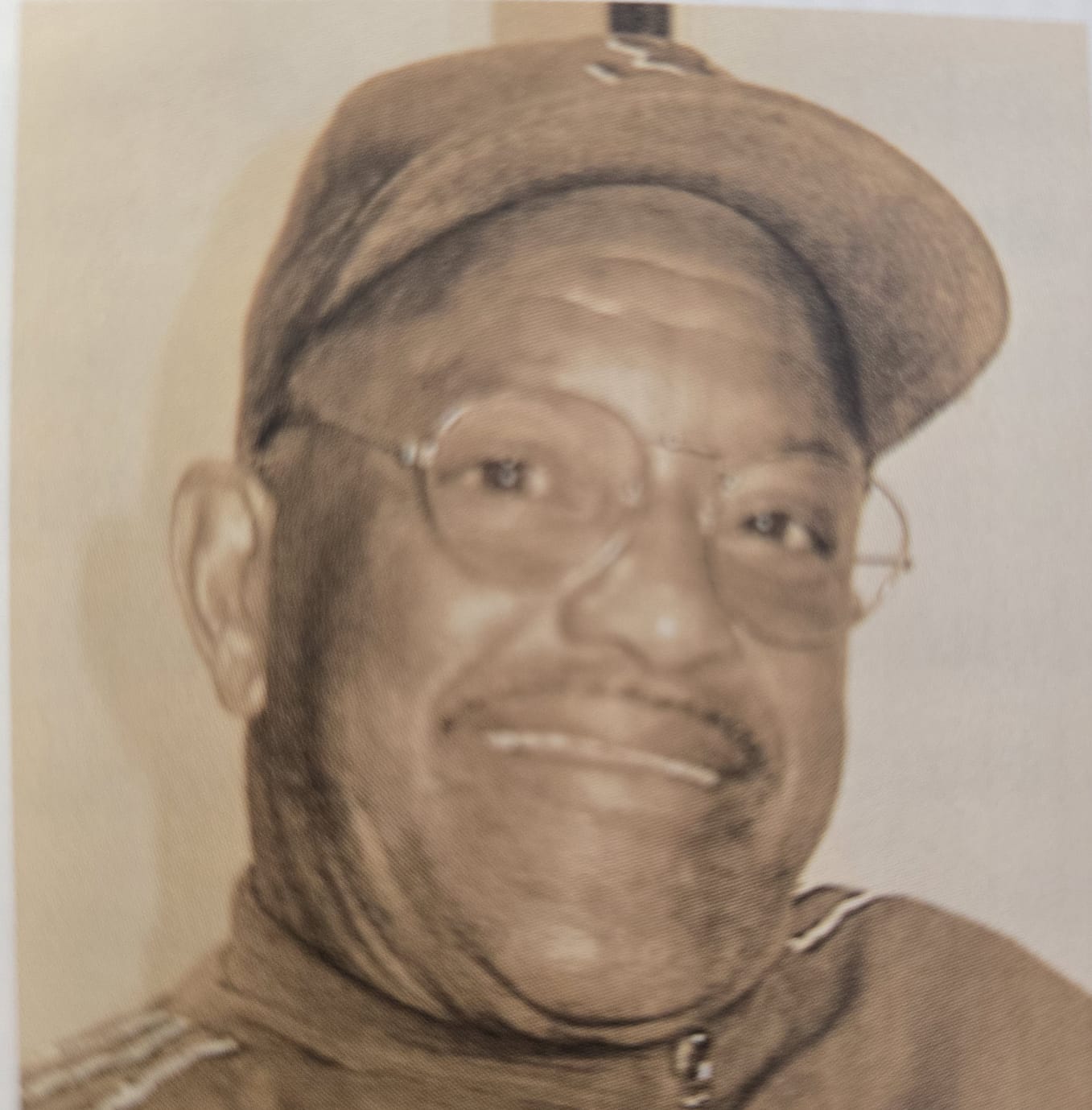
Kervwin Rattery
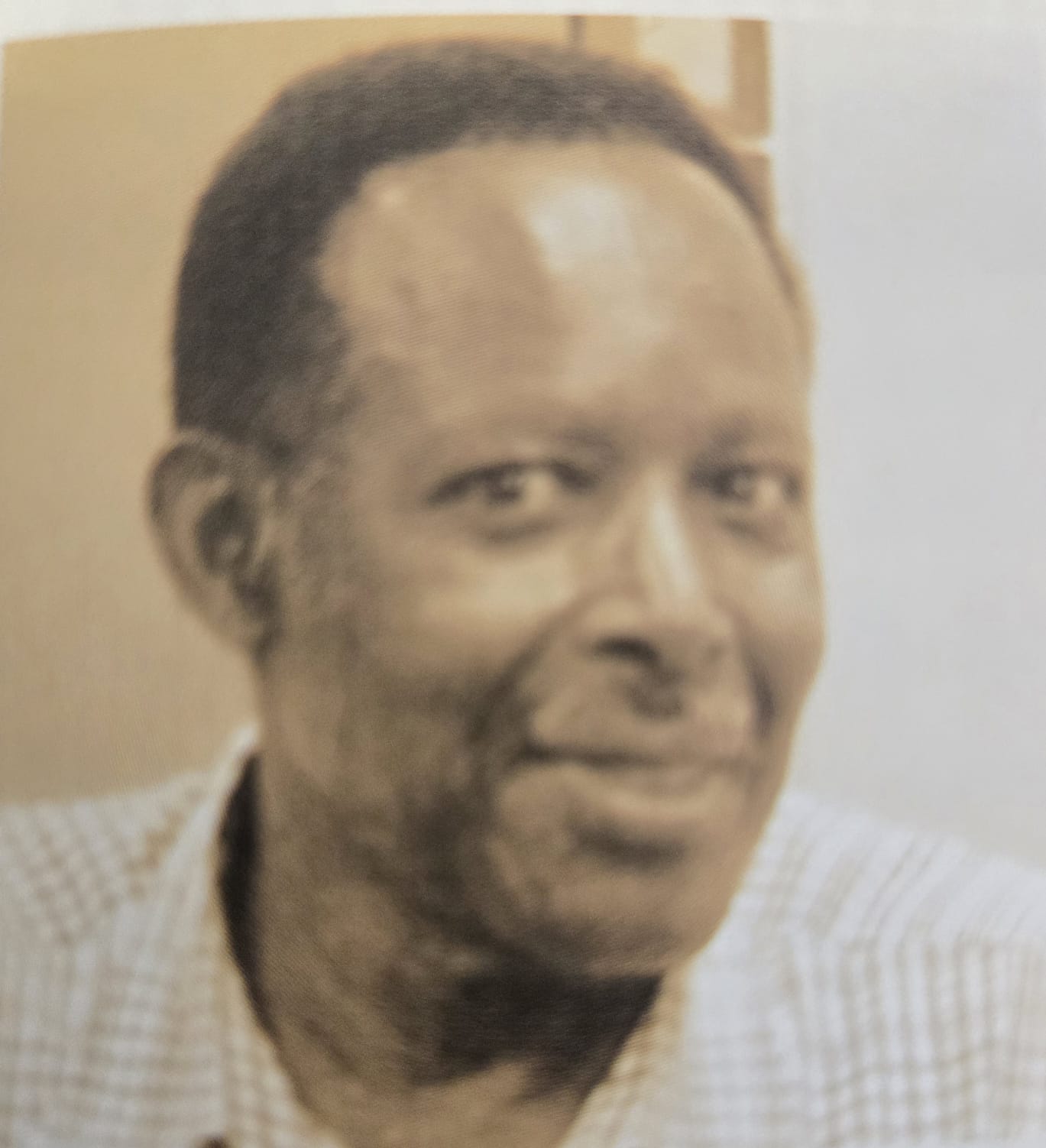
Kenneth Paul
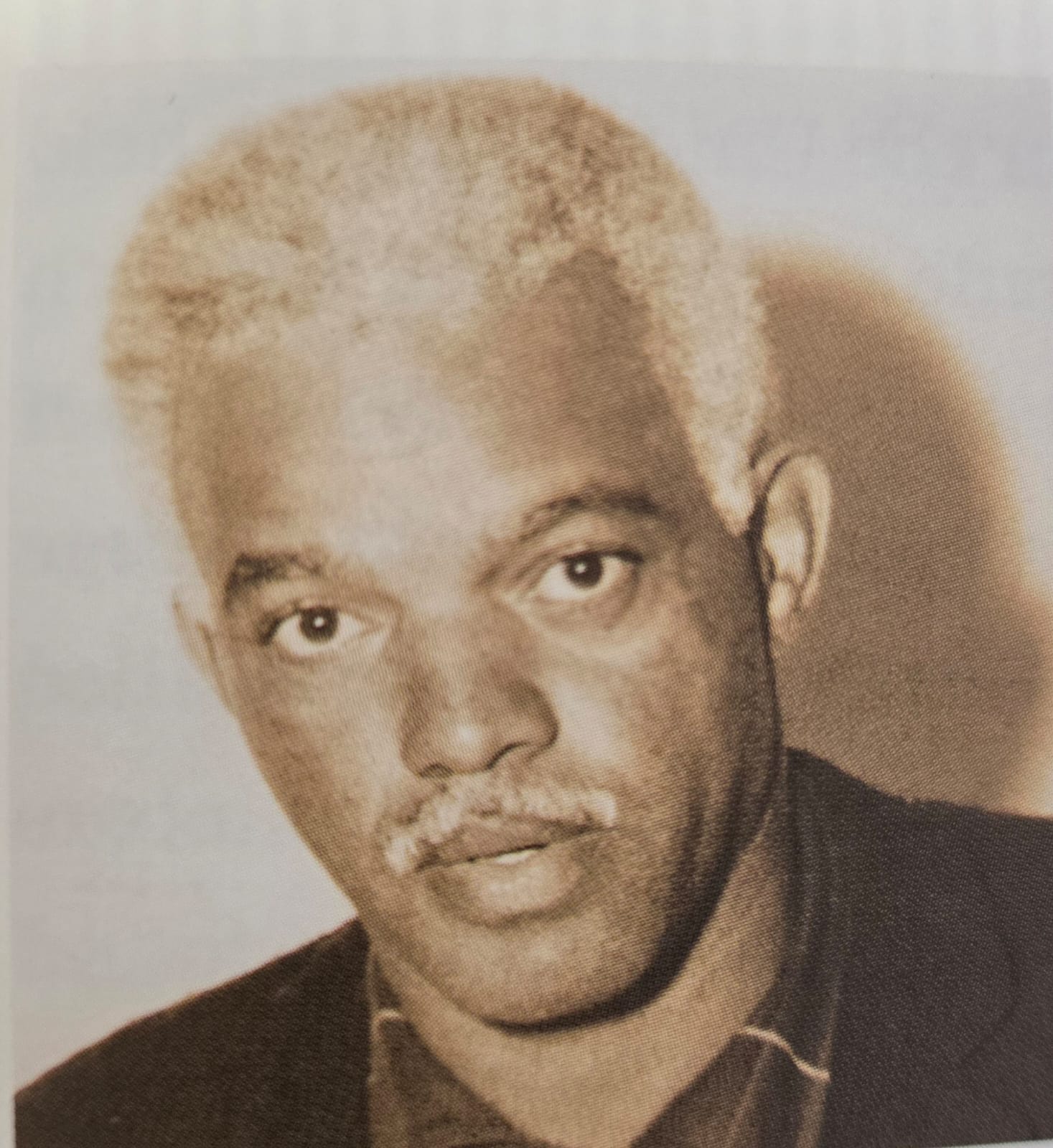
Vivian Ming
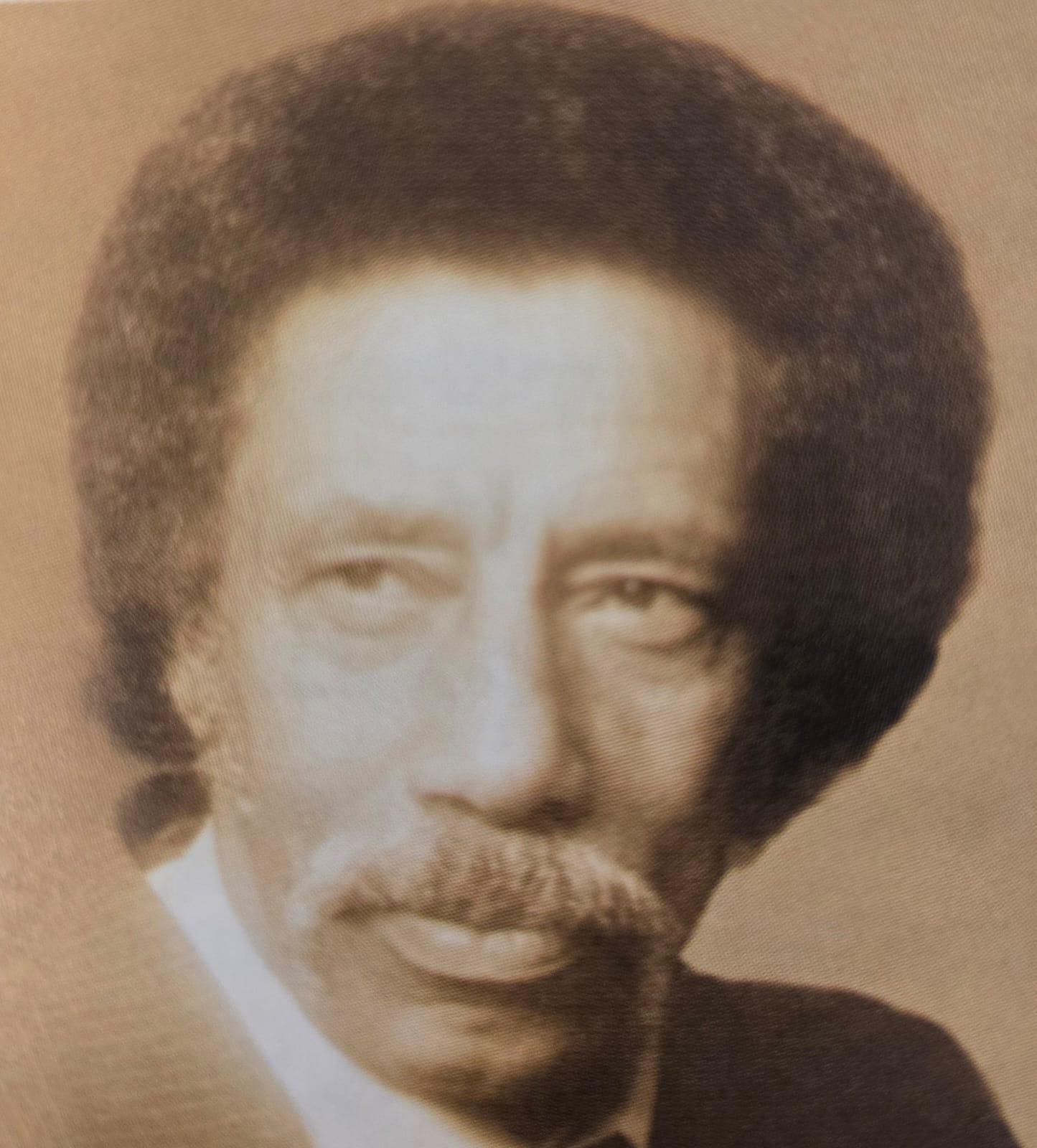
George DeSilva
The workers on strike enjoyed a jovial atmosphere, joking about their bosses, singing and playing instruments and marching in unison in front of the Company gates. By the third day, with no movement from BELCO management, picket lines were set up at the St. George’s office.
By January 23, a picket line had also been established at BELCO’s bill collection office on Reid Street, Hamilton. It was believed that this caused the police to order that the picket line be broken up.
The first incident involved a police constable who hit and pushed Harry Smith, an outside-plant Foreman. Mr. Smith reacted with equal force, but the incident was soon quelled. The picketers were determined to fight for their legal right to peacefully picket Company headquarters.
Mr. Ottiwell Simmons recalled in his memoir “Gateboy” that before this strike, there had never been industrial action that had the potential for an all-out explosion of attitudes, emotions and physical confrontations. He said BELCO symbolised the power and influence that had been handed down through generations of the slave-master era. While the workers were determined to win union recognition, the BELCO directors and shareholders were the same people who made up the Government, the owners and operators of the banks and legal firms as well as The Royal Gazette. They were also able to influence the armed forces and police and did so.
